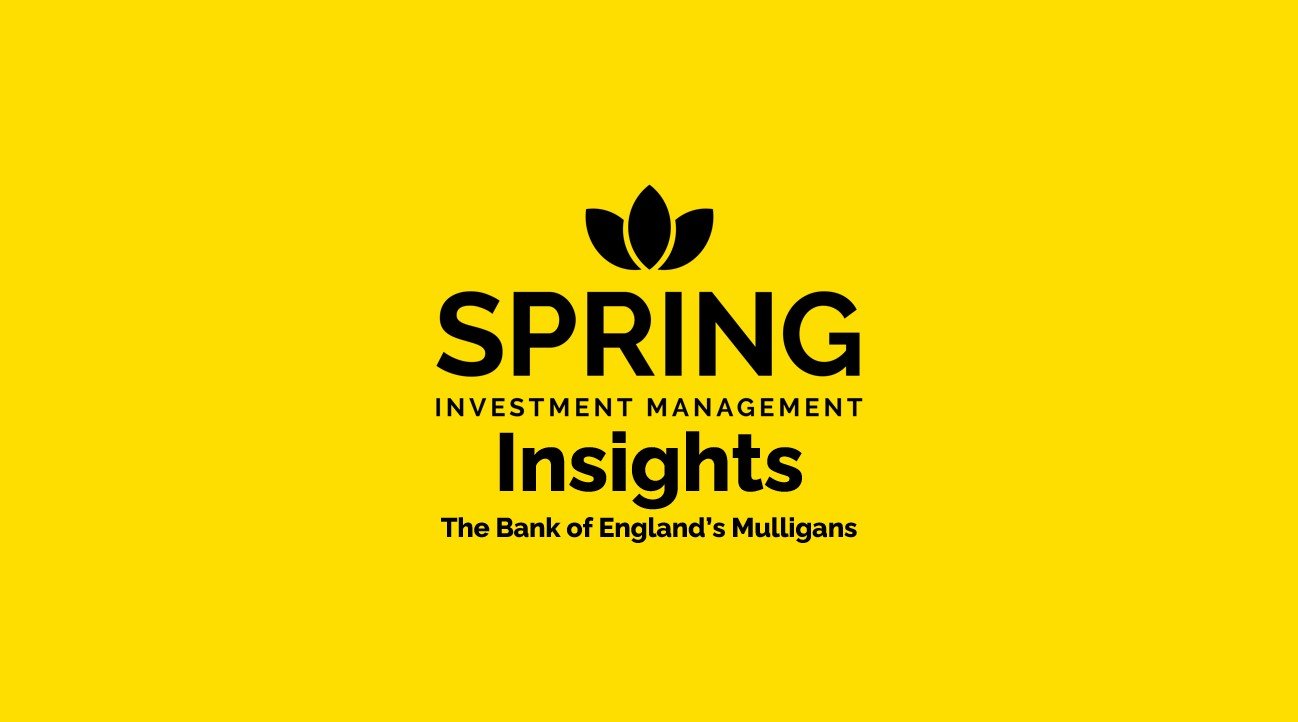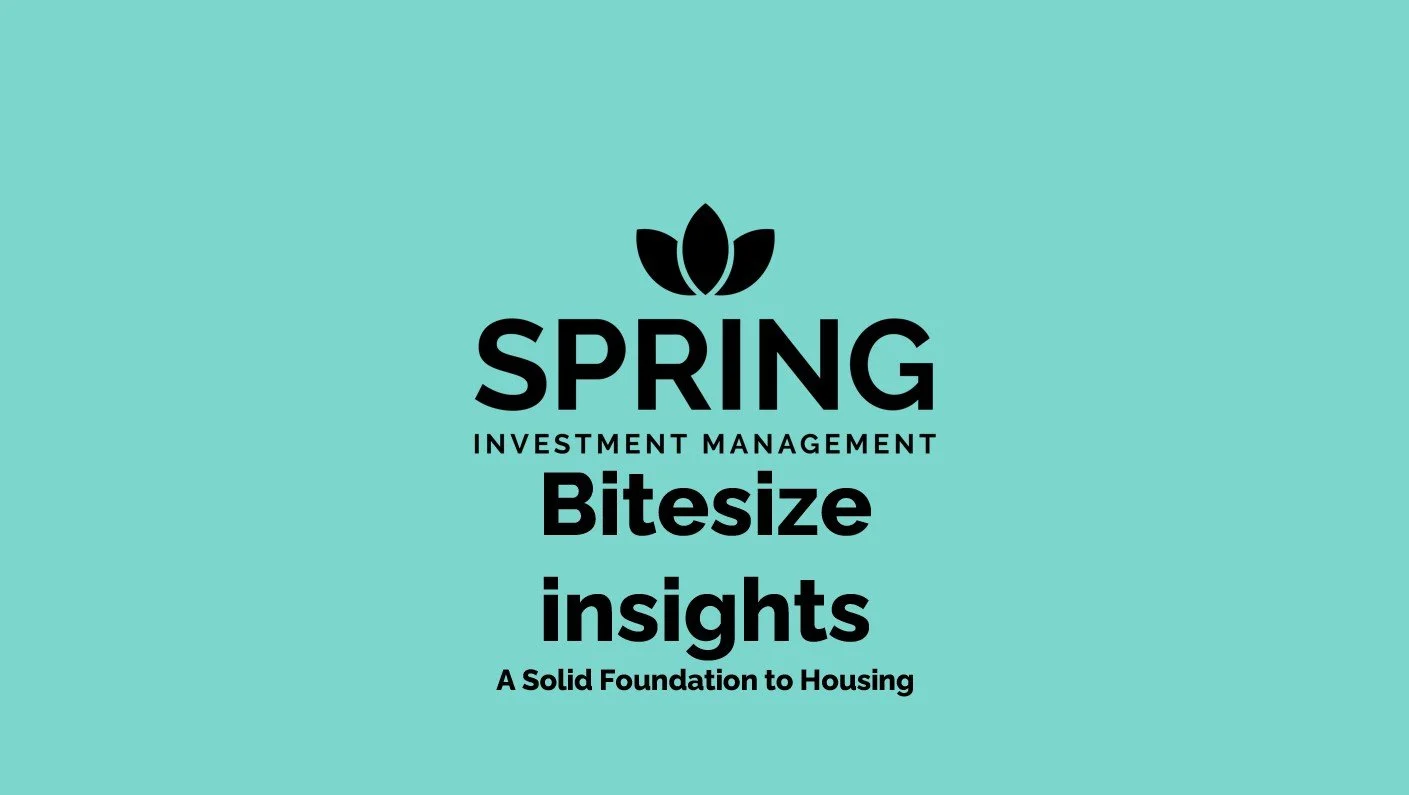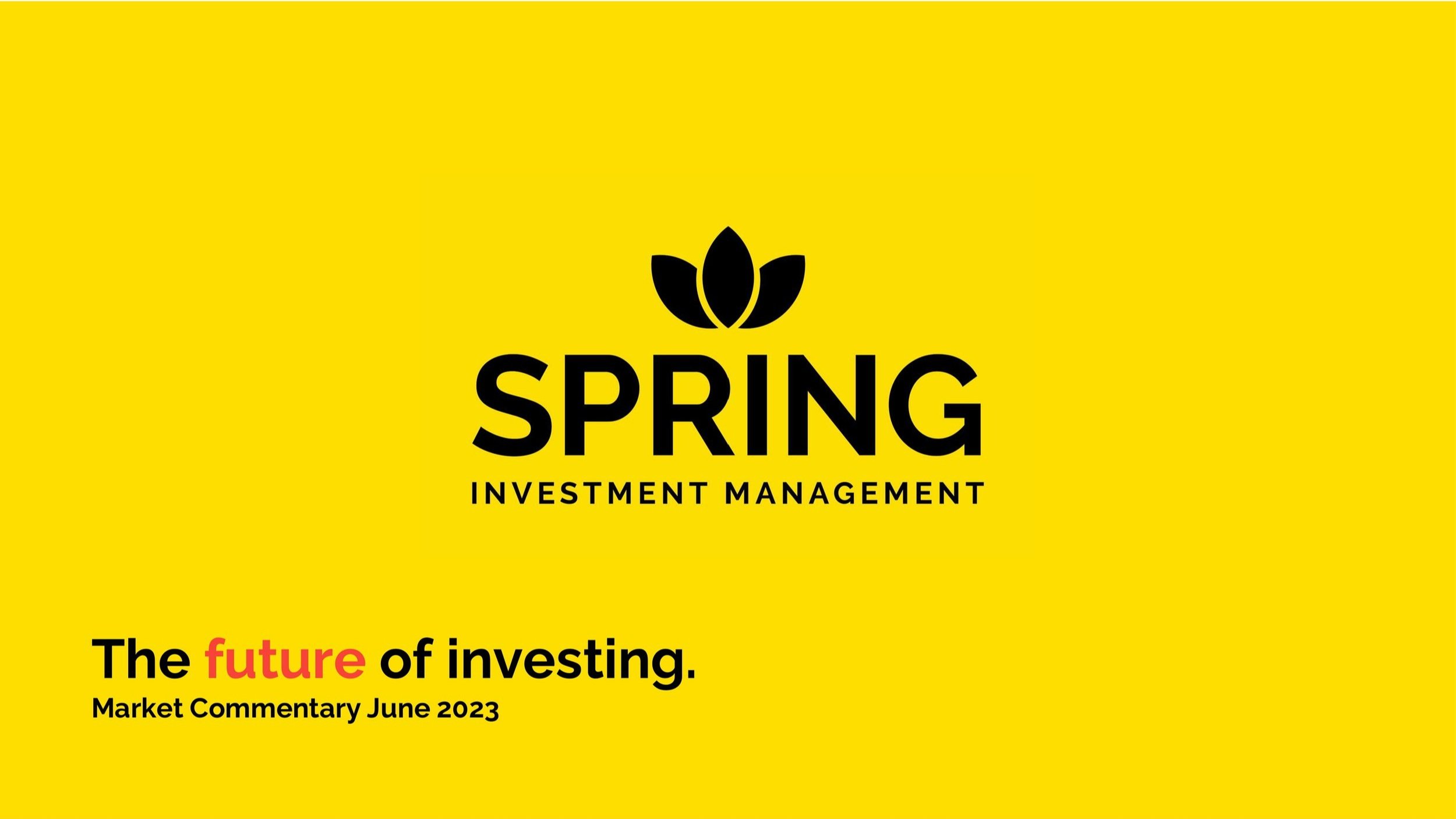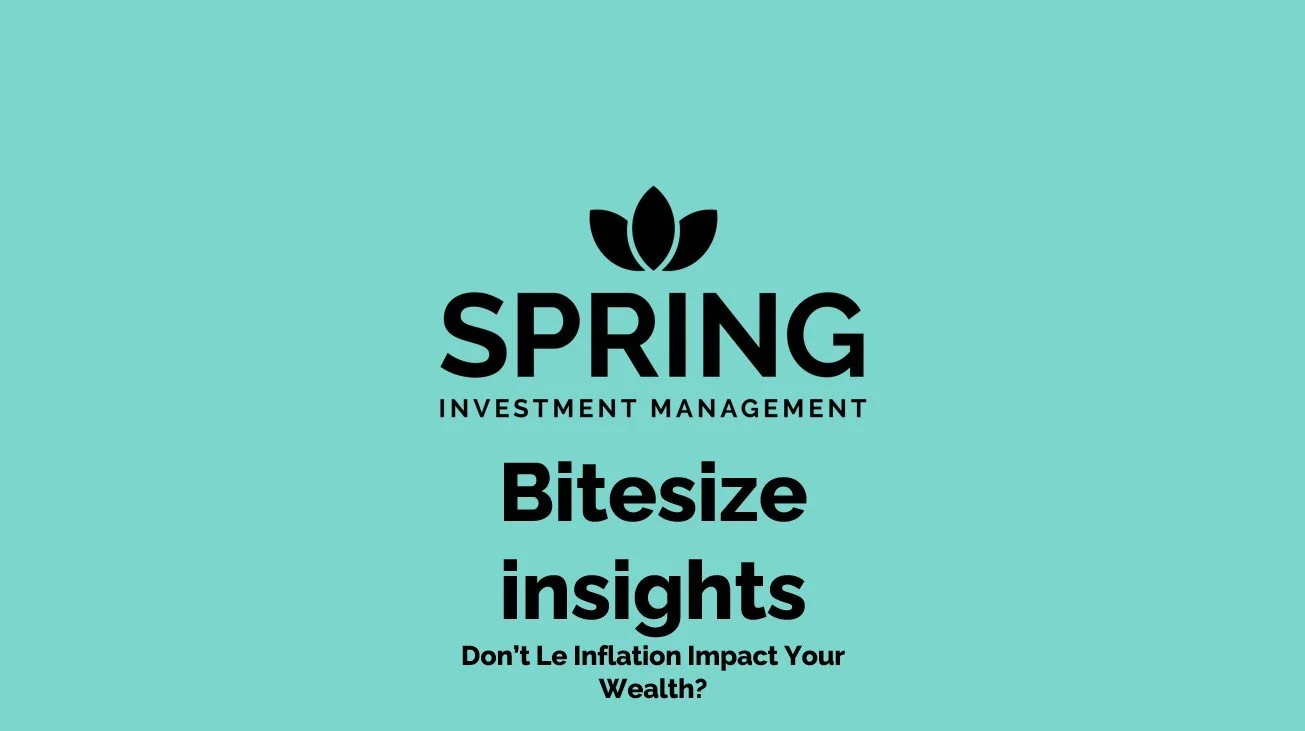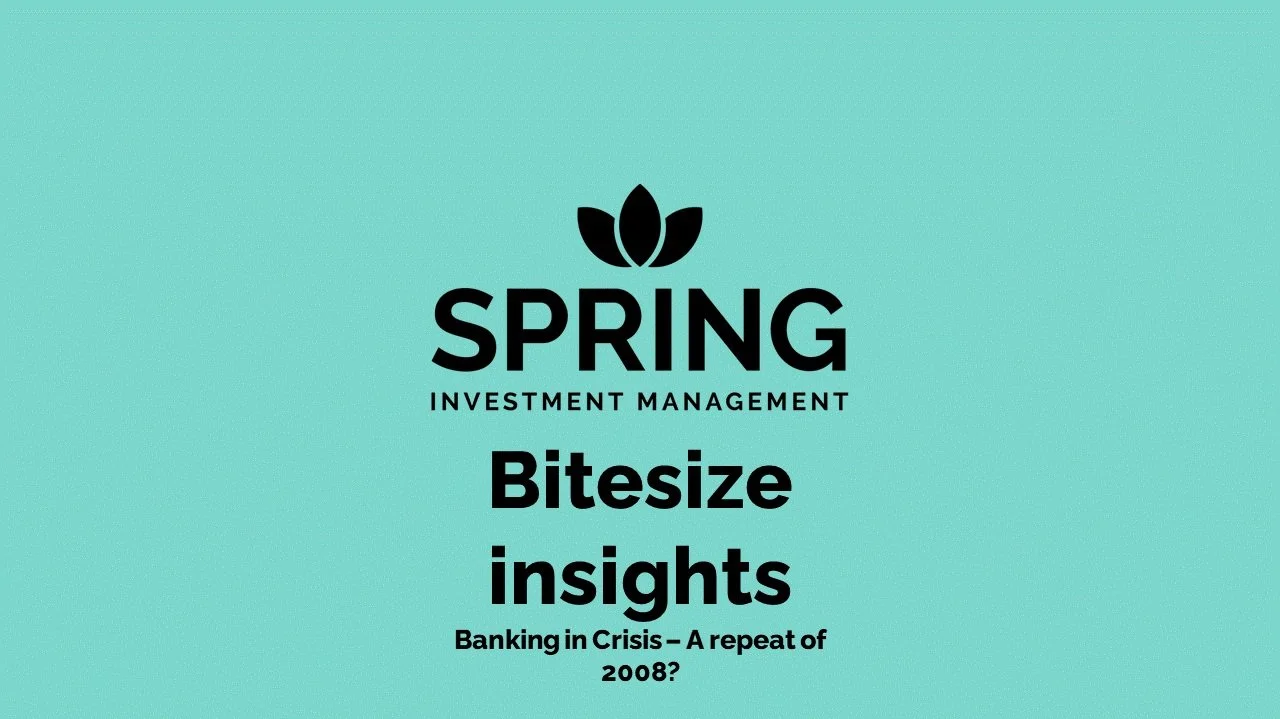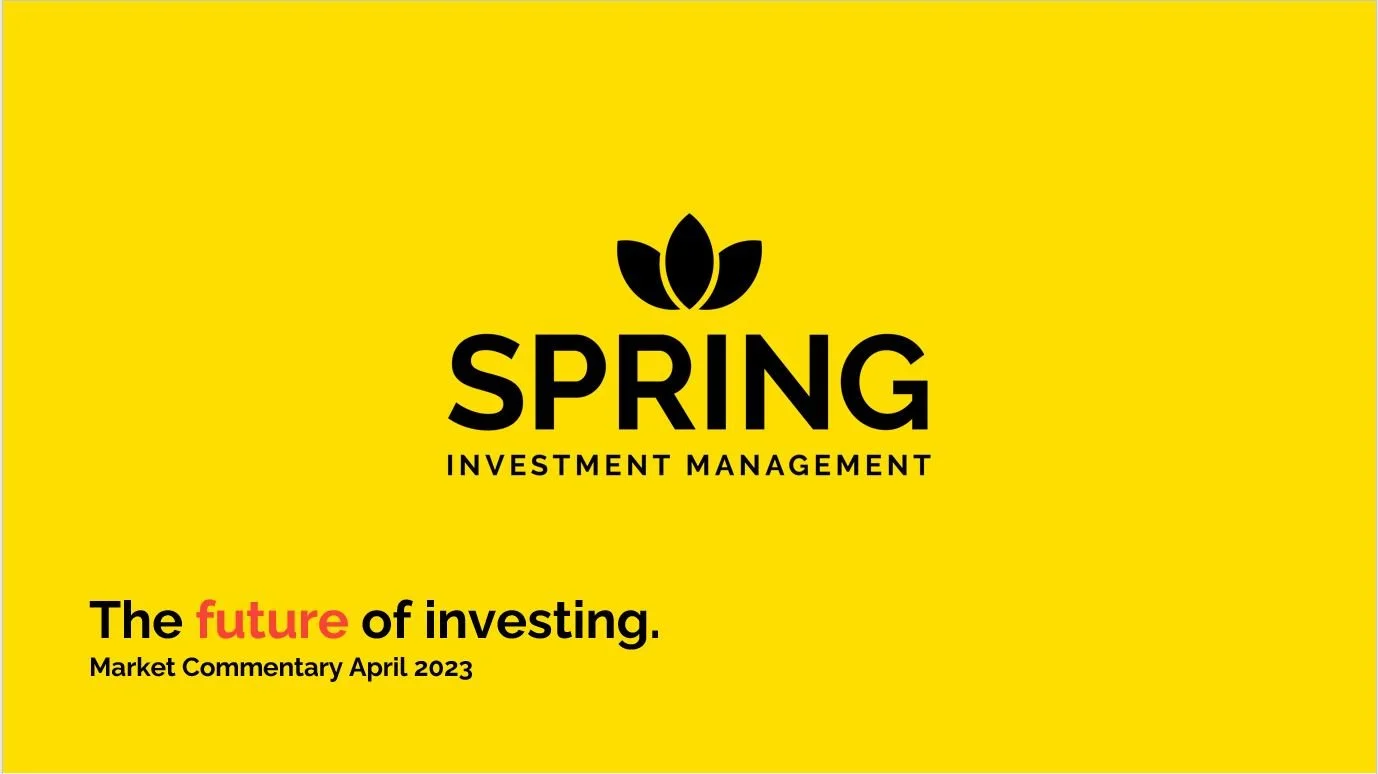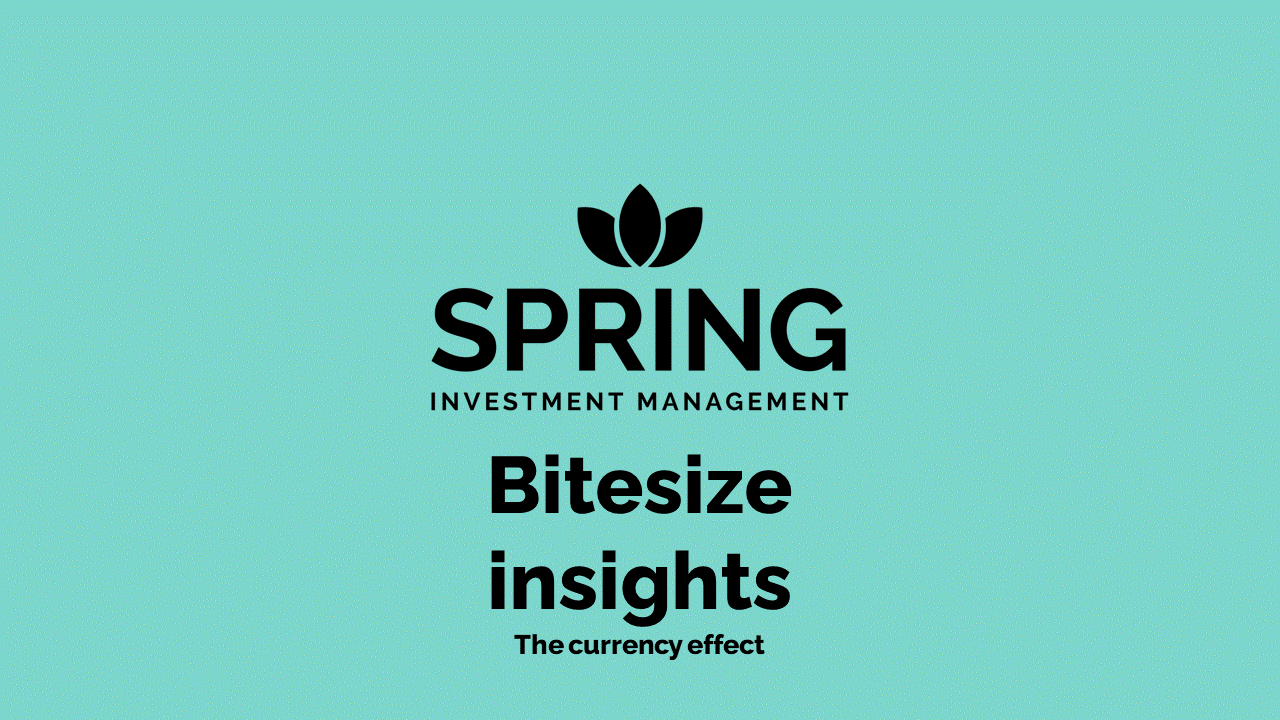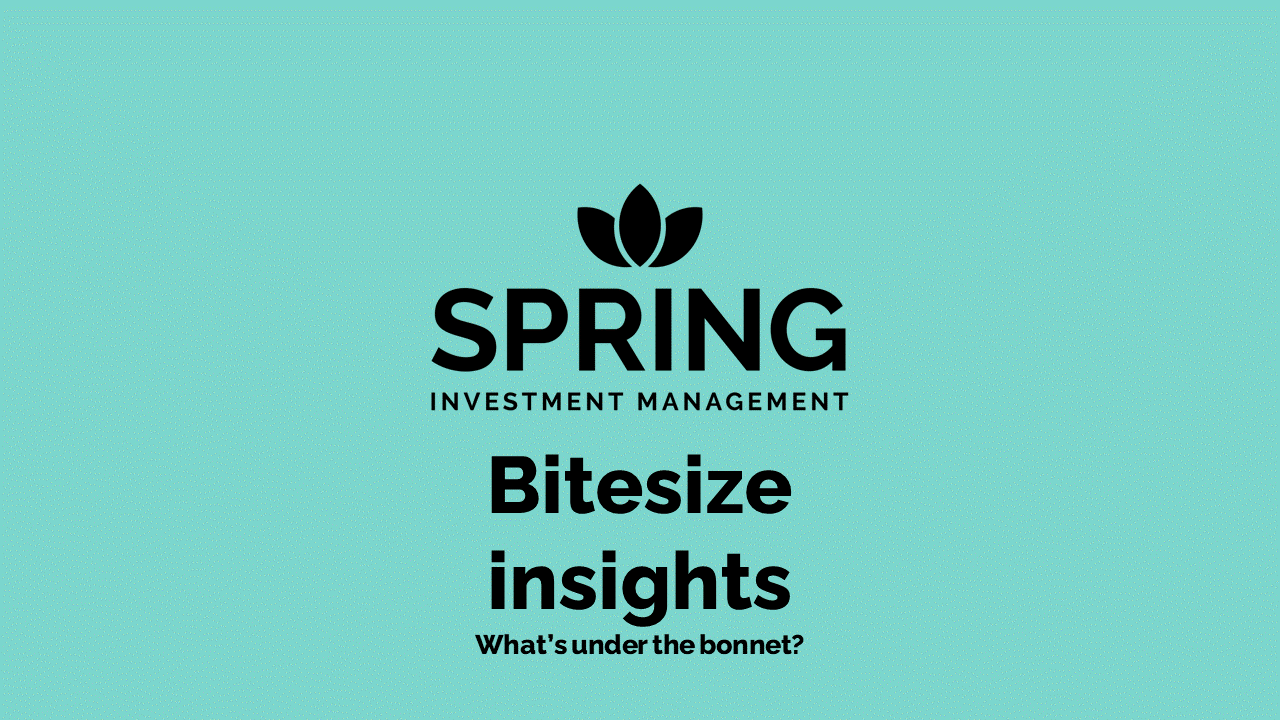July Commentary
UK MARKETS
Inflation continues to impact sterling and UK markets overall
Disappointingly strong core inflation data precipitated a 0.5% Base Rate increase from the Bank of England (BoE), to 5%. The greater than expected June hike pressured short-duration sterling bonds. After a torrid start to the year, longer-dated bonds found some solace in the more hawkish BoE stance. The stronger pound was supported by the bond market pricing in a Base Rate of 6% by year end. Impacted by the strong pound, UK equities, particularly the more economically sensitive mid-caps stocks, lagged most other developed markets.
Up 0.7% (UK All Share)
Big in Japan
After languishing behind its western counterpart for years, is it finally time for a Japanese renaissance?
The Bank of England’s Mulligans
If monetary policy is akin to playing a round of golf with only a driver (i.e. interest rates), then the bunker that Andrew Bailey finds himself in just got a whole lot deeper after the recent 50 bps rate hike.
June Commentary
UK markets fall despite better than expected economic data
Whilst economic data was generally better than expected, and the IMF and BoE both abandoned their UK recession forecasts, markets were agitated by rising Core CPI inflation, which helped drive Gilt prices lower. Weaker commodity prices and a rotation away from traditionally defined value sectors saw the FTSE100 decline by -5.4%, though the FTSE250 was slightly more resilient at -3.6%. The Oil sector was particularly weak, dropping -11.6%.
Down -5.1% (UK All Share)
Don’t Let Inflation Impact Your Wealth
With inflation still running high and interest rates rising, remaining in cash can impact your wealth over time if you avoid equity markets altogether
May Commentary
UK markets outperform most major markets
The UK stock market rebounded from a tough March and outperformed developed market peers. As the market gyrated through April, top contributors were those which underperformed last month - banks, real estate and consumer staples companies. Headline inflation has declined but remains stubbornly elevated, not helped by a hot wage print causing yields to push higher intramonth. PMI’s are diverging with manufacturing falling into contractionary territory, while services are in expansion. Interest rates are expected to move higher, and Sterling has continued to strengthen through April from September lows, toward five-year averages.
Up 3.0% (UK All Share)
Why Now is the Right Time to Invest for Your Kids
Teaching your kids how to invest may sound daunting, but Spring makes it simple. Investing provides ample opportunities to teach your kids the financial lessons they likely won’t learn in school, all while keeping the process simple and easy for you. (As parents ourselves, we know you don’t have time to spare!)
Maximising Your Money: How to Organise Your Finances for Spring
Spring clean your finances in 2023: Take control of your financial future by organising, budgeting, and investing. Learn how to maximise your wealth with expert advice and reduce stress. Save money, identify potential issues and achieve your goals. Start now!
Banking in Crisis - A repeat of 2008?
When it comes to their constituents, some indi-ces do not always list one major driver of per-formance: currency.
April Commentary
UK MARKETS
Inflation remains stubbornly persistent
UK stocks declined through the month, with the events surrounding SVB in the US, as well as Credit Suisse in Switzerland, impacting financial services. Unsurprisingly the FTSE 350 Banks Index (-13.7%) led the decline alongside consumer-focused sectors. Manufacturing and services PMI’s have deteriorated, and growth expectations have lowered. Despite this, the Bank of England decided to increase the base rate 25 basis points, as inflation moderates but at a frustratingly slow pace. This provided a headwind to relative fixed income performance and equities, but a tailwind to sterling, most notably versus USD.
Down -3.4% (UK All Share)
The currency effect - boosting FTSE100 performance
When it comes to their constituents, some indi-ces do not always list one major driver of per-formance: currency.
Our Top 5 Investment Tips for Better Financial Planning
Everyone is capable of reaching their financial goals—you just need a plan to get there. However, a shocking number of people either don’t have a plan at all or aren’t confident in their financial planning.
In their 2021 Financial Wellbeing Survey, the UK’s Money and Pensions Service found that one in three UK adults are worried about their financial situation. A whopping one in two (technically 45%) don’t feel confident in their day-to-day money management.
Fortunately, proper investment planning offers a simple solution that can restore confidence and put you on the path toward better financial health. In this post, we’ll break down our top five investment tips that everyone should know.
March Commentary
UK MARKETS
UK equities outperform their global counterparts but remain fragile
UK stocks outperformed their global market counterparts, driven by consumer staples and materials. As monetary policy efforts begin to take hold, the economy showed the initial signs of slowing, with GDP growth declining. House prices fell at their fastest rate in a decade. The Bank of England governor Andrew Bailey delivered a more dovish statement following another 50 bp hike early in the month. Despite some positive signals, the outlook remains mixed. While inflation remains at challengingly high levels, owing to prices of soft commodities and wage growth effects, PMI’s have improved but remained in contractionary territory, and consumer confidence has lifted.
Up 1.2% (UK All Share)
What’s under the bonnet?
With more and more tech companies listing elsewhere, has the UK lost the investing race? Or is it simply the tortoise in this tale?
February Commentary
UK MARKETS
A strong start to the year for the markets bely a challenging economic environment Led by cyclical selections within consumer discretionary, construction and real estate, the UK equity market enjoyed a strong start to the year, outperforming broader developed market equities. December’s year-on-year inflation figures fell marginally, with energy and food prices easing. However, the country is still witnessing inflation well above long-term trend levels, with robust wage growth a contributing factor. PMI’s remain in negative territory and the market is pricing negative economic growth for 2023. Retail sales are declining and aggregate demand is beginning to slow. The Bank of England will have a difficult task raising borrowing rates against this increasingly recessionary backdrop. Up 4.4% (UK All Share)




